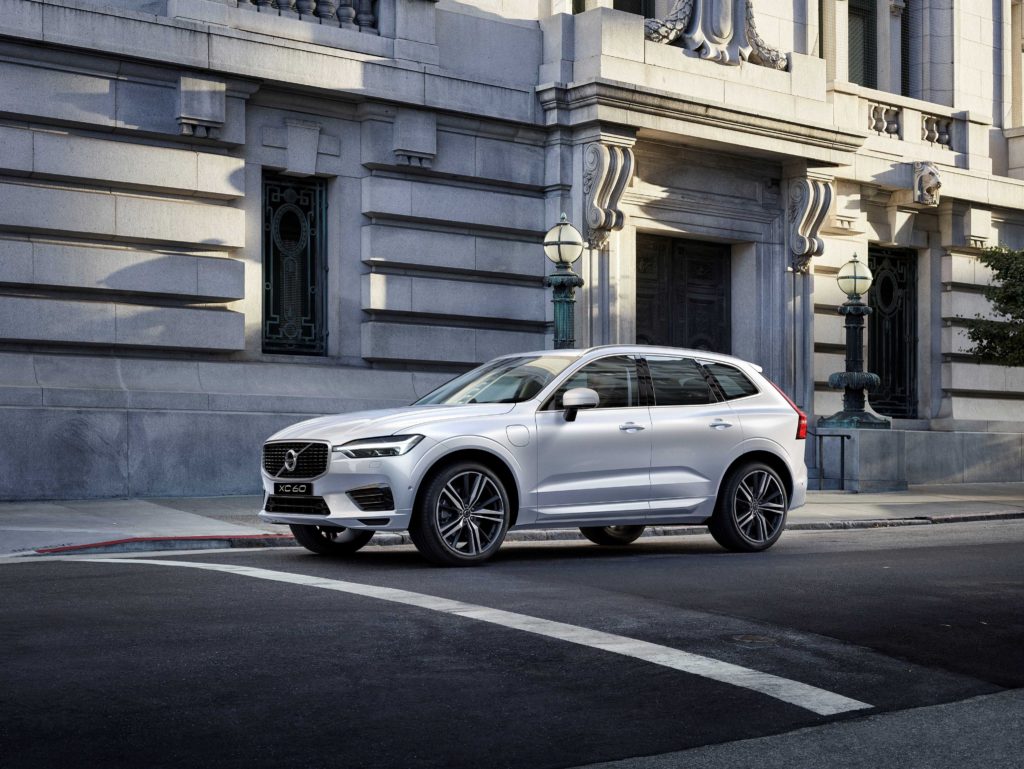
The Volvo XC60. photo from motioncars.inquirer.net
The Road to World Car journey concluded at the New York International Auto Show with the declaration of the Volvo XC60 as the 2018 World Car of the Year.
“I am pleased to see our company’s product investments paying off,” said Håkan Samuelsson, President and CEO of Volvo Cars.
“We are up against some tough competition, but this award for the XC60 shows that Volvo has the right combination of design, connectivity and safety that appeals to customers across the world.”
The Volvo XC60 was chosen from an initial entry list of 34 vehicles from all over the world, then a short list of ten, reduced to three finalists announced in Geneva earlier this month: the Mazda CX-5, the Range Rover Velar and the Volvo XC60.
To be eligible for the overall World Car award, the candidates must become available for sale on at least two continents during the period beginning January 1, 2017 and ending May 31, 2018.
Previous World Car of the Year winners were the Jaguar F-PACE (2017), Mazda MX-5 (2016), Mercedes-Benz C-Class (2015), the Audi A3 (2014), the Volkswagen Golf (2013), the Volkswagen Up! (2012), the Nissan Leaf (2011), the Volkswagen Polo (2010, the Volkswagen Golf (2009), the Mazda2 / Mazda Demio (2008), the Lexus LS460 (2007), the BMW 3-Series (2006), and the Audi A6 (2005).
This year, vehicles were selected and voted on by an international jury panel comprised of 82 top-level automotive journalists from 24 countries around the world.
Each juror was appointed by the World Car Steering Committee on the basis of his or her expertise, experience, credibility, and influence.
Each juror typically drives and evaluates new vehicles on a regular basis as part of their professional work.
Through their respective outlets, they collectively reach an audience of multiple millions worldwide. The international accounting firm KPMG tabulates the jurors’ ballots.
Disclaimer: The comments uploaded on this site do not necessarily represent or reflect the views of management and owner of Cebudailynews. We reserve the right to exclude comments that we deem to be inconsistent with our editorial standards.
